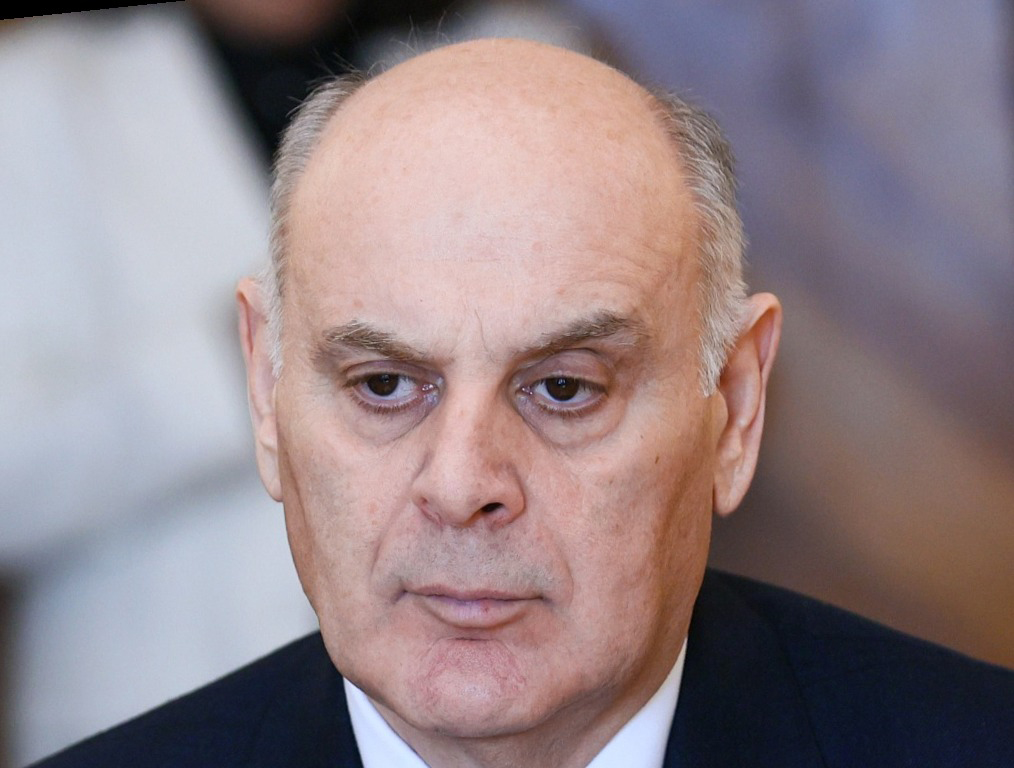Donald Trump’s victory in the 2024 US election has sent a palpable wave of desperation, masked by defiance, rippling through Iran and its regional proxies.
The President-elect has pledged to leap into action between his election on November 5 and inauguration on January 20, 2025. Traditionally, this “lame-duck” period has been one of inaction, yet the pressing military crises—one in Eastern Europe, the other in the Middle East—compel both the outgoing Biden and incoming Trump administrations to coordinate with a shared sense of urgency.
Trump’s return could signal an era of decisive US diplomacy. He has vowed to stand resolutely by Israel while assuring America’s Arab allies of their security against Iran’s regional ambitions. The ongoing conflict, ignited by Hamas’s assault on Israel on October 7, 2023, has dragged on into its thirteenth month. Trump’s pledge to “end the conflict” has left all actors, save perhaps Israel’s Netanyahu, in a state of suspense, watching keenly to see how his foreign policy could reshape the volatile dynamics of this troubled region.
Indeed, the possibility of Trump’s return to the White House has been on the minds of all factions involved in this conflict. Analysts, too, have speculated on what Trump might achieve in the Middle East. In my previous piece, What Would a Re-elected Trump Do with Iran?, I argued that his handling of the “Iran Question” would require a strategy of global engagement, one that enlists cooperation from Russia and China. Now, the key question is: How would Trump tackle Iran and its proxies in his first hundred days?
The Middle East since 2016
When Trump first took office in 2016, Iran enjoyed unmatched ascendancy in the region. Under Obama, conciliatory policies and efforts to establish the JCPOA allowed Iran to consolidate regional power, expanding influence in Iraq, Lebanon, Syria, and Yemen under the guise of fighting ISIS. By Trump’s departure in 2020, the Middle East, though not fully at peace, was on a trajectory shaped by his policies: Iran and its proxies faced sanctions and the threat of decisive strikes, such as the killing of Qasem Soleimani. The Abraham Accords, spearheaded by Trump, brought Arab states like Bahrain and the UAE into peace with Israel.
Biden’s term, by contrast, focused on attempts to negotiate with Iran and address Israeli-Palestinian tensions, with no success. Iran exploited lax sanctions enforcement to arm proxies like the Houthis, Hamas, and Hezbollah with drones and missiles. Biden’s mediation of a Saudi-Israeli accord, rooted in the Abraham Accords, showed diplomatic promise but was undermined by Hamas’s October 7 attack, backed by Iran.
A year later, Israel’s efforts to dismantle Hamas and Hezbollah have inflicted heavy damage on their resources, leaders, and infrastructure, dealing a significant blow to Iran’s regional ambitions, if more gradually than desired.
Between Biden’s lame duck period and Trump’s first 100 days
Trump’s re-emergence is an unsettling development for Iran and its proxies, while it can embolden certain leaders who, until now, were wary of Tehran’s wrath. Khamenei and his associates have responded by exhibiting a curious blend of defiance and indifference. Among Iran’s proxies, the reaction has varied: Hezbollah’s new Secretary-General, Naim Qassem, has pledged to continue the struggle against Israel while hinting at indirect ceasefire talks. Meanwhile, Iran’s IRGC deputy chief renewed Iran’s vow to retaliate recent Israeli strikes, irrespective of Trump’s victory. In the days leading up to November 5, reports emerged of Iran moving ballistic missiles to Iraq, seemingly in preparation for attacks on Israel from Iraqi soil.
Trump’s return may also inspire leaders in nations where Iran’s influence has rendered governance nearly impossible. His firm support for Israel and conservative Arab monarchies may offer vital backing to those in Iraq and Lebanon striving to throw off Iran’s yoke. Senior Shia cleric Ayatollah Ali Sistani in Iraq has issued a powerful declaration stating that only the Iraqi army has the right to bear arms, effectively rebuking Iranian-backed militias and denouncing Iran’s use of Iraqi soil to target Israel. In Lebanon, as of three weeks ago, the Lebanese Prime Minister had already rebuked Iran’s interference in Lebanese affairs, and some in the Lebanese political establishment have called for enforcing UN Security Council Resolutions 1701 and 1559, which mandate the disarmament of all militias—implicitly challenging Hezbollah’s powerful presence.
Should Trump follow through on his promise, and if the Biden administration remains committed to counter any Iranian escalation, the united resolve of both administrations may well give Iran pause. Khamenei, though far from an ideal rational actor, understands Biden’s outgoing team has little to lose by striking Iran decisively if provoked. Indeed, Iranian officials have reiterated Tehran’s ability to produce nuclear weapons at short notice.
If Khamenei were to gamble on developing and deploying nuclear weapons in the coming months, Trump would face a grave dilemma. On one hand, he has promised the American people to avoid foreign entanglements; on the other, he has vowed to prevent Iran from acquiring nuclear weapons and has assured security for Israel and Arab allies. Trump has both diplomatic and military options at his disposal, including pressuring Iran via Russia to dismantle any nuclear weapons or turn them over to Russian custody, or use advanced bombers equipped to penetrate Iran’s nuclear bunkers. However risky, such measures could likely gain Congressional support, especially from a Republican-led majority.
In conclusion, although irrational reprisals from Iran’s mullahs or their Hezbollah allies cannot be ruled out, Trump stands poised to act. With Congress behind him and the potential to broker peace between Russia and Ukraine, Trump is a formidable foe—one whom Khamenei would be wise not to underestimate. Trump’s greatest weapon remains his unpredictability, a force he wielded against Iran before and may once again deploy with lethal precision. Should Khamenei persist in his antagonism, Trump shall see him stand corrected, and in this contest, it may well be game, set, and match.
Opinions expressed by the author are not necessarily the views of Iran International.

 3 weeks ago
23
3 weeks ago
23


